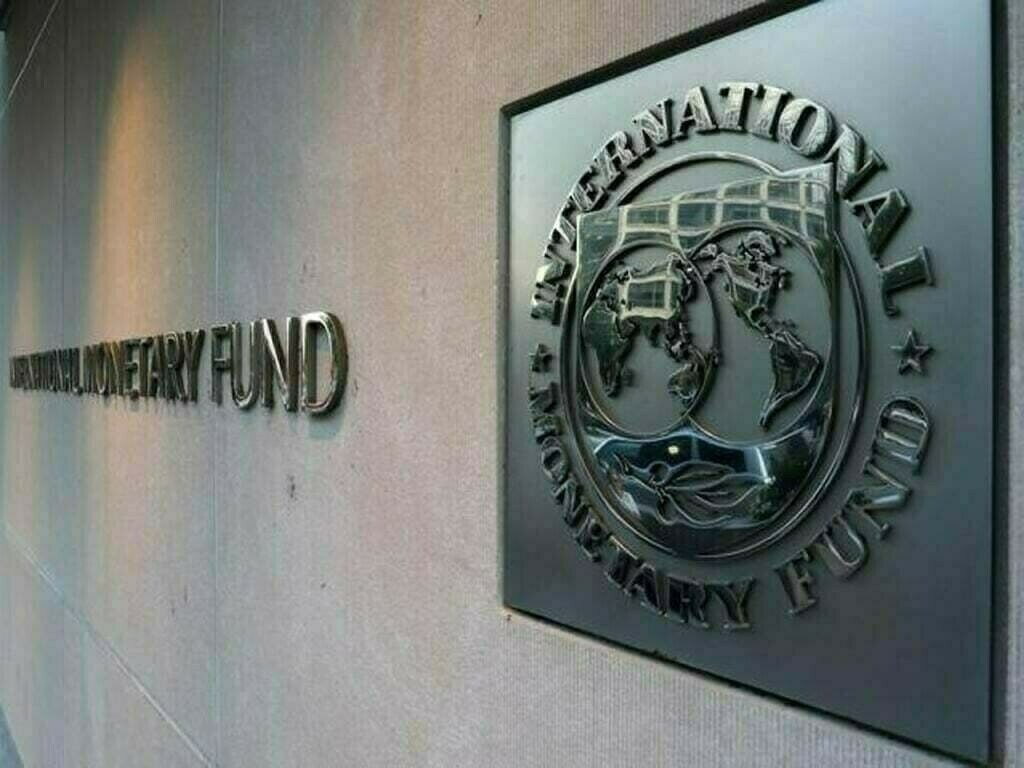IMF, govt teams to discuss energy reform mechanism
- Viable mechanism to extend electricity and gas tariff differential subsidy through Benazir Income Support Fund will also come under discussion
ISLAMABAD: The International Monetary Fund (IMF) and government’s teams will discuss viable mechanism to extend electricity and gas tariff differential subsidy through Benazir Income Support Fund (BISP), adjustment of gas prices quarterly and additional levy on vehicles on use of liquid fuels on Tuesday (tomorrow), well informed sources in Finance Ministry told Business Recorder.
These Reform Measures (RMs) are part of the Resilience and Sustainability Facility (RSE) for Pakistan. Finance Ministry has also asked the concerned Ministries/ Divisions and provincial representatives and Governor State Bank of Pakistan to attend the meeting.
According to sources, following proposed measures are to be considered to align energy sector reforms with national mitigation commitments:
(i) budgeted gas and electricity Tariff Differential Subsidy (TDS) and tariff cross-subsidy system replaced with the targeted rebate for low-income consumers via BISP.
IMF concerned at low investment in social sector
The expected outcome will be better-targeted and more progressive subsidies with reduced incentive for over-consumption and theft;
(ii) adoption of the pending power sector anti-theft law for institutionalisation of effective anti-theft measures to reduce electricity theft, improve Discos’ financial health and bolster power sector viability;
(iii) OGRA adoption and implementation of a quarterly tariff adjustment mechanism so that gas tariffs are better aligned with costs, minimising larger intra-year tariff adjustment, in turn reducing losses and Circular Debt (CD) pressures and improving CD performance; and (iv) Minimum Efficiency Performance Standards (MEPS) adopted for new appliances entering the market and amendment of public procurement law/ regulation such that MEPS for these appliances applies in all public procurement procures meant to improve energy efficiency and savings .
Promotion of green mobility and transport decarbonisation:
(i) adoption of an additional carbon levy on the use of liquid fuels based on their carbon content. The purpose of this measure is to disincentivise the use of ICE vehicles contributing to the authorities’ goal of 30 per cent of new vehicles being EVs by 2030;
(ii) adoption of revenue-neutral scheme including a subsidy for EVs and on supplementary tax on internal combustion vehicles, purpose of which is to incentivise the uptake of EVs in a progressive fashion, contributing to the authorities’ goal of 30 per cent of new vehicles being EVs by 2030; and
(iii) adoption and implementation of a PPP-viability gap financing framework to incentivise development of charging station infrastructure, with modalities to be determined in line with FAD recommendation. The purpose of this measure is to create efficient incentives for the uptake and use of EVs, contributing to the authorities’ goal of 30 per cent of new vehicles being EVs by 2023.
Mainstreaming climate issues into budget and investment planning:
(i) expand the climate budget-tagging framework to the provinces. Drawing on tagging results, publish an annual climate budget statement and compile and publish a quarterly report tracking climate expenditure, comparing execution to budgets. Expected outcome from this measure will be full incorporation of green budgeting practices across all four provinces (per the C-PIMA Action Plan) which will help to facilitate green public investments; and
(ii) publish a consolidated report on all new projects entering PSDP. Set out detail of mitigation impacts and climate sensitivity of each new project. Publish a report on the project selection process for each Ministry, detailing the selection criteria and scores for each project. Publish project appraisals for all “Core” projects. Expected outcome will be full implementation and incorporation of climate considerations into project selection and appraisal (beyond adoption of guidelines). Ability to revise guidelines or re-target policy priorities if reporting shows that guidelines are not be followed.
Improving the efficiency and productive use of water: Adoption of an e-Abiana irrigation service charge collection system by the irrigation authorities of Sindh, Khyber-Pakhtunkhwa and Balochistan to increase water revenue collections, and in turn service among the three provinces.
Strengthen the climate information architecture:
(i) issue guideline for the implementation of climate-related financial risk management and supervision (in line with BCBS 2022); and
(ii) adopt a green finance taxonomy adopted to Pakistan’s updated NDC. Based on the adopted taxonomy, the SECP will issue/ amend the ESG supervisory disclosure guidelines to enable listed companies to disclose climate-related risks and opportunities information including taxonomy-aligned data. Expected outcome will be fuller incorporation of climate considerations into Pakistan’s financial and private sector architecture.
Copyright Business Recorder, 2025





















Comments